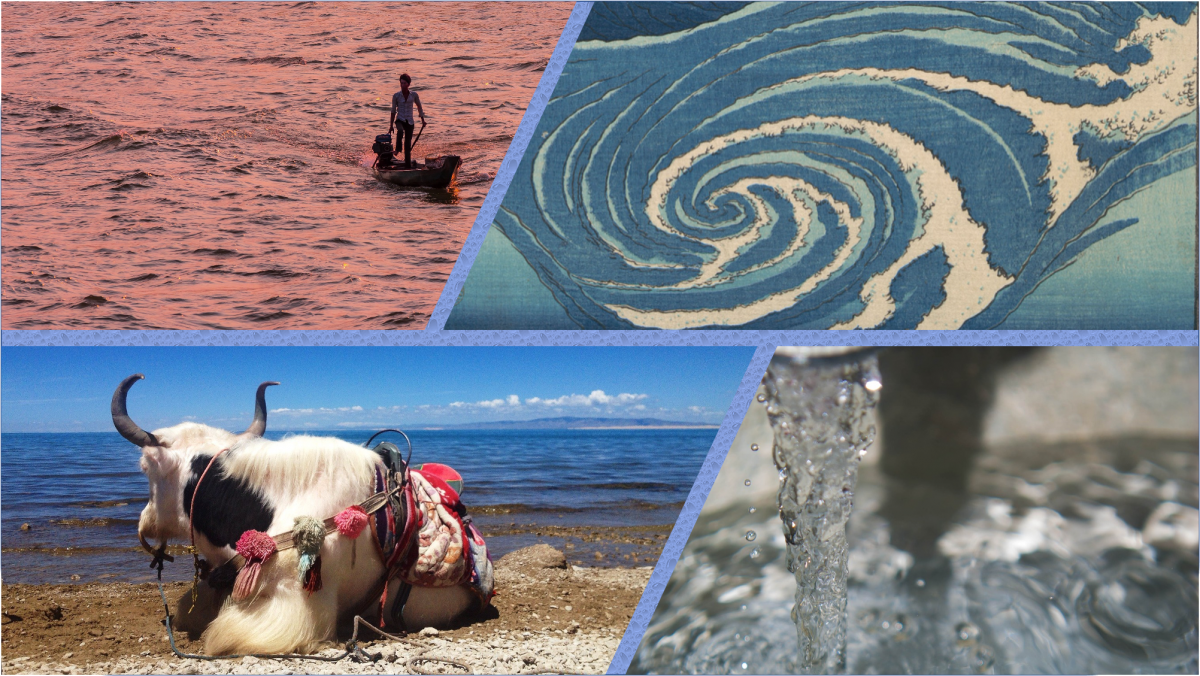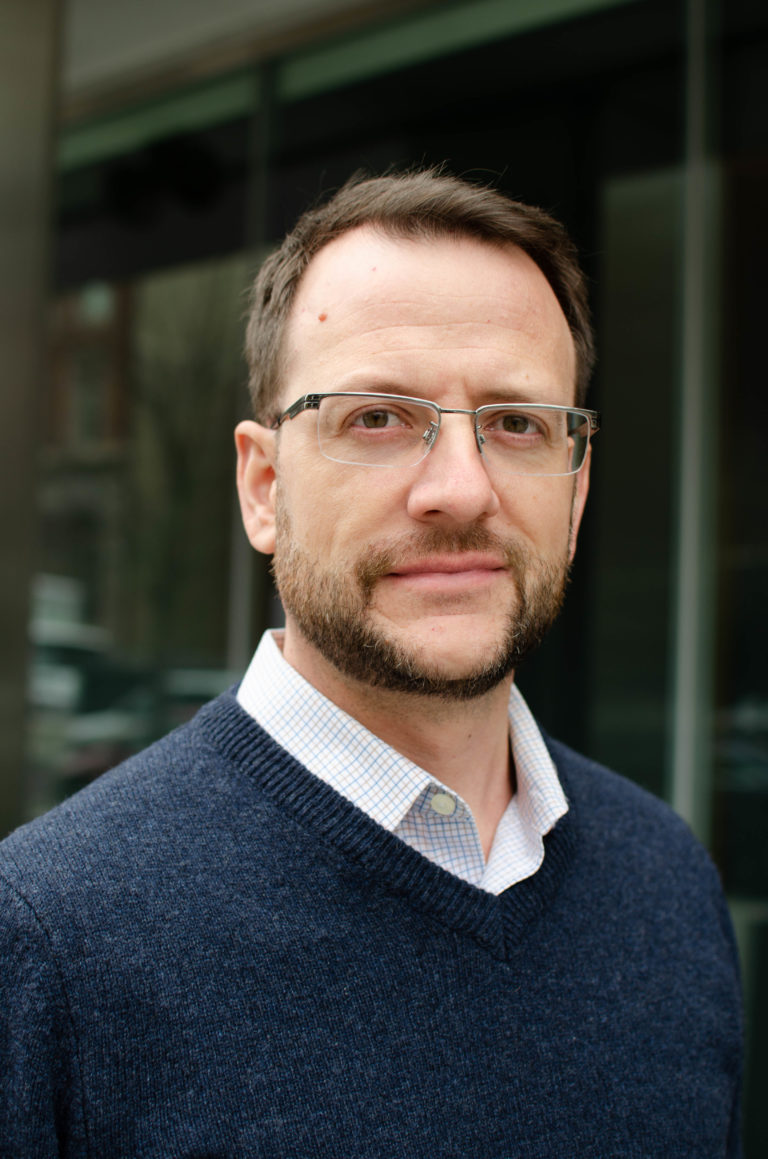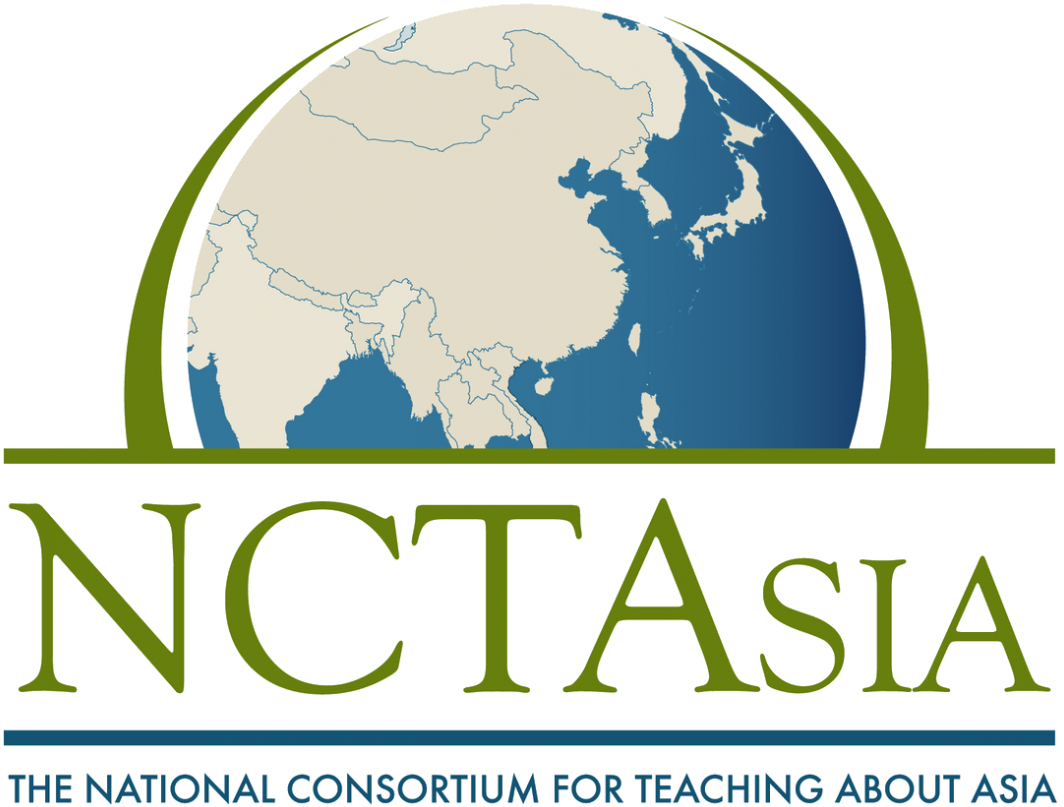
February 8, 2021
Friday, February 12, 2021
5:30 pm - 8:30 pm (Eastern Time) / 4:30 pm - 7:30 pm (Central Time)
Water, Energy, and Sustainability: A Look at the Mekong
with Dr. Brian Eyler
This talk will provide an overview of water-energy-food nexus challenges in the Mekong Basin with a focus on hydropower impacts to downstream portions in Cambodia and Vietnam. It will highlight the robust ecological systems of the Tonle Sap Lake in Cambodia and the Mekong Delta in Vietnam and use visualizations and data to show how upstream dams are impacting these ecological systems from which 60 million people derive resources. Additionally, it will highlight some of the Stimson Center's work on improving transparency around dams and dam operations in the region and show some tools that your students can use to better understand what's happening in the Mekong.

Brian Eyler is an expert on transboundary issues in the Mekong region and specializes in China’s economic cooperation with Southeast Asia. He spent more than 15 years living and working in China and over the last two decades has conducted extensive research with stakeholders in the Mekong region. He is widely recognized as a leading voice on environmental, energy, and water security issues in the Mekong. Brian is co-lead on the Mekong Dam Monitor project and serves as chair of the Stimson Center’s War Legacy Working Group. His first book, Last Days of the Mighty Mekong, was published by Zed Books in 2019. Before coming to the Stimson Center, he served as the Director of the IES Kunming Center at Yunnan University and as a consultant to the UNDP Lancang-Mekong Economic Cooperation program in Kunming, Yunnan province. He holds a MA from the University of California, San Diego and a BA from Bucknell University.
Teaching about Modern Water Issues Teacher-led Curriculum Session
with Cindy McNulty
Ms. Cindy McNulty received both her B.S. Ed and Master of Liberal Studies from Duquesne University and has completed additional graduate work at both Duquesne and at Pitt. She has been awarded two National Endowment for the Humanities (NEH) Fellowships, three Fulbright-Hays Fellowships, two All-Star Educator awards and the World Affairs Council's George C. Oehmler Award. Ms. McNulty is active with the National Consortium for Teaching About Asia and works with the World Affairs Council of Pittsburgh on their Teacher Advisory Board and the Global Scholars selection committee. Ms. McNulty also served as Oakland Catholic's Director of the Global Competence Initiative.


